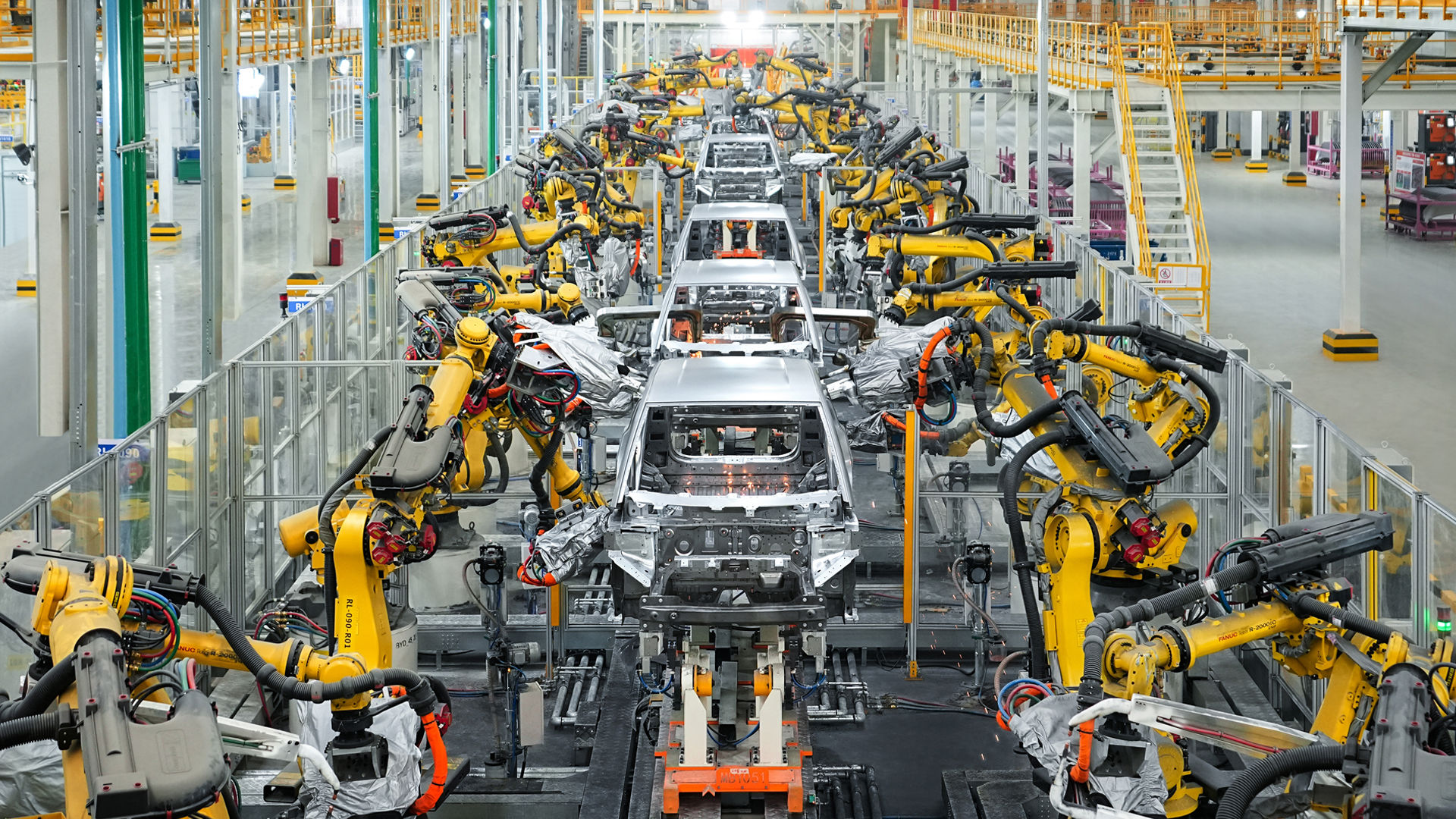BYD Expected to Start Production in Hungary in H2 of 2025 in the Face of EV Tariffs
TMTPOST -- China’s top electric vehicle (EV) manufacturer BYD Co. Ltd is working to mitigate recent tariffs on Chinese-made EVs imposed by the European Union.
Credit:BYD
Car plants under construction by BYD and BMW are expected to start production in Hungary in the second half of 2025, Reuters cited Hungarian Prime Minister Viktor Orban’s chief of staff said. It is reported that BMW’s plant in Debrecen of east Hungary will build its new generation of long-range, fast-charging battery-electric cars on the Neue Klasse platform, and BYD will open its first European passenger car factory in Szeged, the third largest city in Hungary.
The report suggested BYD is stepping up output in Europe as part of efforts to avoid hefy EU tariffs. The European Commission disclosed October 4 its proposal to impose definitive countervailing duties on imports of battery electric vehicles (BEVs) from China has obtained the necessary support from EU Member States for the adoption of tariffs. The announcement cleared hurdles for the EU to introduce up to 45% definitive tariffs following an anti-subsidy investigation.These tariffs came into effect on October 30.
The additional individual duties on three sampled Chinese EV makers--BYD, Geely and SAIC were 17%, 18.8% and 35.3%, respectively. Tesla appears to be the big winner as the EU imposed an extra 7.8% tariff on Tesla EVs originated from China, much lower than the 20.8% under the provisional duties that took effect in July. Other cooperating companies would be subject to a 20.7% tariff, while non-cooperating companies would be slapped with a 35.3% rate. All of these additional tariffs are on top of the EU’s standard 10% import duty of cars.
BYD confirmed late December its plan to build its first production facility for new energy vehicle (NEV) and said the base, which will be constructed in phases, is expected to create thousands of local jobs. Days before the confirmation, Prime Minister Orban said he expects employment of the southern Hungarian region near Szeged will rise following big corporate investments. Orban also assigned 46.3 billion forint (US$133 million) in financing from the budget to upgrade road, rail, power, gas and water infrastructure around an industrial park in Szeged, without naming BYD in the document.
BYD has signed a preliminary agreement with the municipal government of Szeged to purchase land for its passenger vehicle production base in Szeged, BYD announced in a statement in February. The agreement marked BYD achieved a significant milestone in its European expansion as the plant is the Chinese EV maker’s first European electric passenger plant.
BYD plans to complete construction of the new plant in Szeged and put into operation within three years, and the plant will mainly produce passenger models sold in the European market. BYD said the plant will make a comprehensive range of EV models,without elaborating on the products.
Under the leadership of Orban, Hungary has been developed into one of the leading European hubs for the EV industry. Established automakers like Mercedes-Benz, Audi and Suzuki have car plants in the country. BMW is investing 2 billion euros (US$2.2 billion) in new battery and assembly operations for the Neue Klasse, its next generation EV platform, at a plant in Hungary, one of the first facilities to start building the Neue Klasse vehicles. The plant is scheduled to kick off production in 2025.
Disclaimer: Investing carries risk. This is not financial advice. The above content should not be regarded as an offer, recommendation, or solicitation on acquiring or disposing of any financial products, any associated discussions, comments, or posts by author or other users should not be considered as such either. It is solely for general information purpose only, which does not consider your own investment objectives, financial situations or needs. TTM assumes no responsibility or warranty for the accuracy and completeness of the information, investors should do their own research and may seek professional advice before investing.


